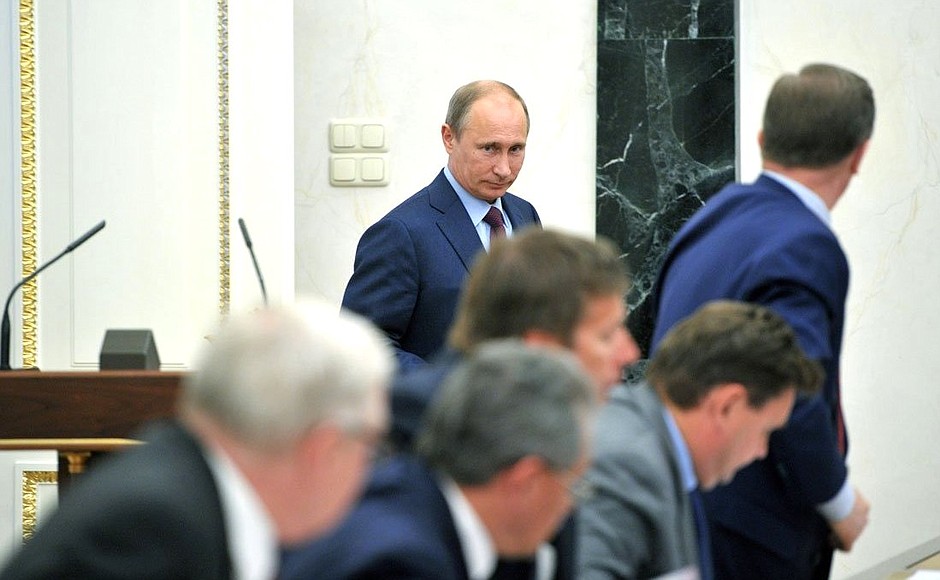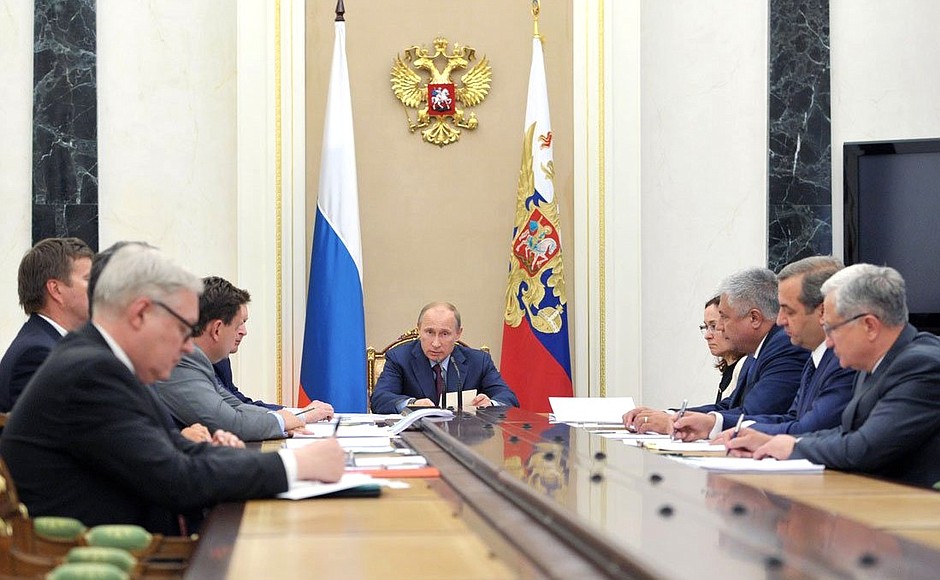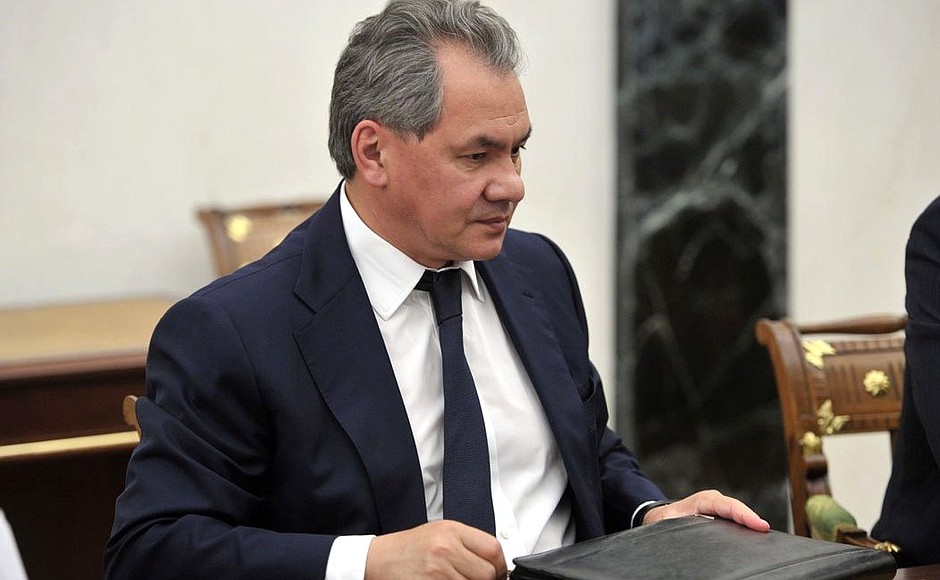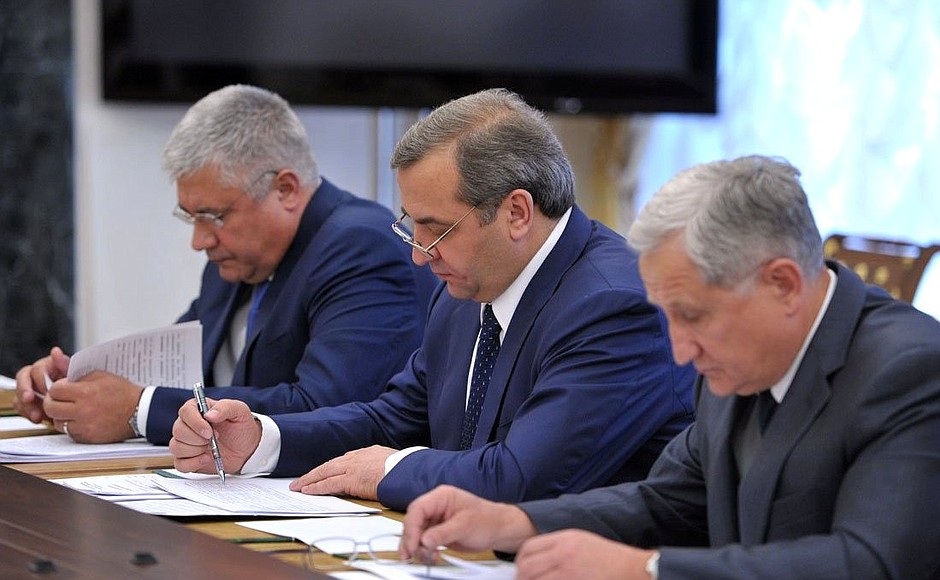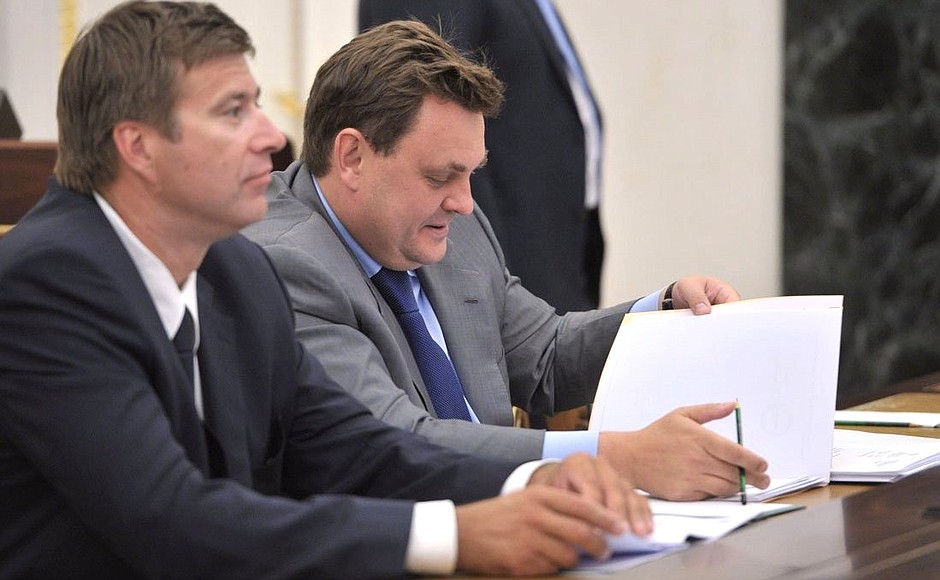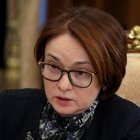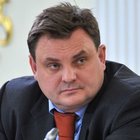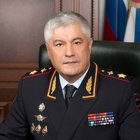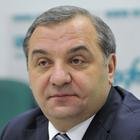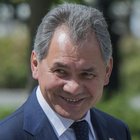Taking part in the meeting were Chief of Staff of the Presidential Executive Office Sergei Ivanov, Presidential Aide Elvira Nabiullina, Presidential Aide and Chief of the Presidential Control Directorate Konstantin Chuychenko, Interior Minister Vladimir Kolokoltsev, Justice Minister Alexander Konovalov, Civil Defence, Emergencies and Disaster Relief Minister Vladimir Puchkov, Defence Minister Sergei Shoigu, First Deputy Secretary of the Security Council Yury Averyanov, and Deputy Foreign Minister Sergei Ryabkov.
* * *
President of Russia Vladimir Putin: Good afternoon colleagues.
A month ago, at the meeting on implementing the presidential executive orders of May 7, 2012, we decided that all of the ministries and agencies would draft their own action plans for carrying out the tasks set out in the executive orders, and outline their work programmes for the coming year. I said then that these documents would be open to the public.
At the same time though, your ministries are in a specific situation in which many of the areas you cover are confidential in nature and in some cases are classified as state secrets. We therefore agreed that, regarding publicity, some specific conditions would apply to your action plans.
But let me stress that your work must be open for the public as much as possible, especially as concerns the strategic decisions that will guarantee our national interests and strengthen social guarantees for military servicemen and other groups of people working in your ministries.
In the defence area, such strategic decisions include the large-scale programme to equip the armed forces with the latest weapons and equipment, and modernise the entire defence industry. They also include the new principles for recruiting to the armed forces and the increase in the number of professional soldiers serving on a contract basis.
Improving servicemen’s social situation is another area requiring particular attention. As you know, all people listed as of January 1, 2012, as being in line for receiving permanent housing should receive it by the end of this year.
The next task will be to complete the work on developing the service housing stock.
Among the law enforcement agencies’ biggest priorities, I would name public order, especially prevention of ethnic and religious extremism. Firm action is needed to suppress organised crime groups operating along ethnic lines. This is a task not only for the Interior Ministry but for all of the law enforcement and security services.
The public is very much looking to see an improvement in the traffic police’s performance. I ask you to concentrate particularly on ensuring order on the roads and bringing down the number road accident deaths.
We are to continue our efforts to put in place a civilised migration policy. As I have said before, Russia wants to attract qualified foreign specialists and also people to work in industry and construction, housing and utilities, and agriculture. But they must be ready to adapt to life in Russia and have to learn the Russian language, learn our history and the basics of our laws, and be respectful of our traditions.
We must implement in full the measures we have approved to fight illegal migration, including by tightening up the current laws.
The Justice Ministry has a lot of work to do. Overall, it must continue improving law-drafting process, including the laws that follow directly from the executive orders of May 7, 2012. This goes too for timely drafting of bylaws. You should widen the use of public debate of important draft laws and ensure that the public has access to information on laws and regulations.
You must also pay close attention to improving access to justice, developing the judicial system, and ensuring its independence.
Our foreign policy goals are also strategic in nature. This is especially true of our efforts to create a favourable environment for Russia’s long-term development and economic modernisation and for boosting Russian companies’ positions on global markets and increasing our cultural and humanitarian presence abroad. Developing bilateral ties is very important in this respect, as is building up multilateral diplomacy, especially through our work in the UN, BRICS, the G20, G8, and the Shanghai Cooperation Organisation.
Developing our partnership with our CIS neighbours, deepening Eurasian integration within the Customs Union and the Common Economic Space, and establishing the Eurasian Economic Union by 2015 are all big priorities.
In conclusion, let me remind you that the heads of all the ministries and agencies are personally responsible for the results of this work. In accordance with the law, most of the ministries here today are directly subordinate to the president. Naturally, I expect a high level of discipline, efficiency and productive work from you.
Let me add in conclusion that I already looked through the action plans your civilian colleagues have drafted, and there are still many problems to sort out. What I have seen in your plans disappoints me, to be honest, but at the same time, I am pleased that I launched this whole process because it’s only when you start looking at what and how we plan that you become more aware of the way we work and the way we formulate our objectives. Ultimately, this will help us to make the changes required so as to achieve practical results in our work.
Let me make a few points right now. We don’t need big documents that don’t make very clear just what results we can expect for each year. I will not speak about individual agencies now. We will discuss the specific problems later, but you have to pay attention to wording. Sentences such as “examine the issue of the need to draw up a draft law”, for example, are simply no good at all.
What does that sentence mean? What result will it produce? Was the issue examined, yes or no? Is the law needed, yes or no? It turns out, the law is not needed, but the planned target is thus accomplished. Why do we need such formalism? Let’s take this work seriously and examine the things of real public importance.
Regarding the big issues in the social sector, provision of housing for this or that group of people and other such issues, there’s no need to write that the issue will be resolved if the required funding is received. The budget law has been approved after all and we must act within the framework of the budget approved and formulate concrete objectives, the simpler the better.
If particular objectives in a given year do not fit with what was outlined in the executive orders, then this is something to work through with the Government and the Finance Ministry and make timely adjustments where needed. We have to get rid of formalism.
Let’s look at all of this in more detail now.
<…>
